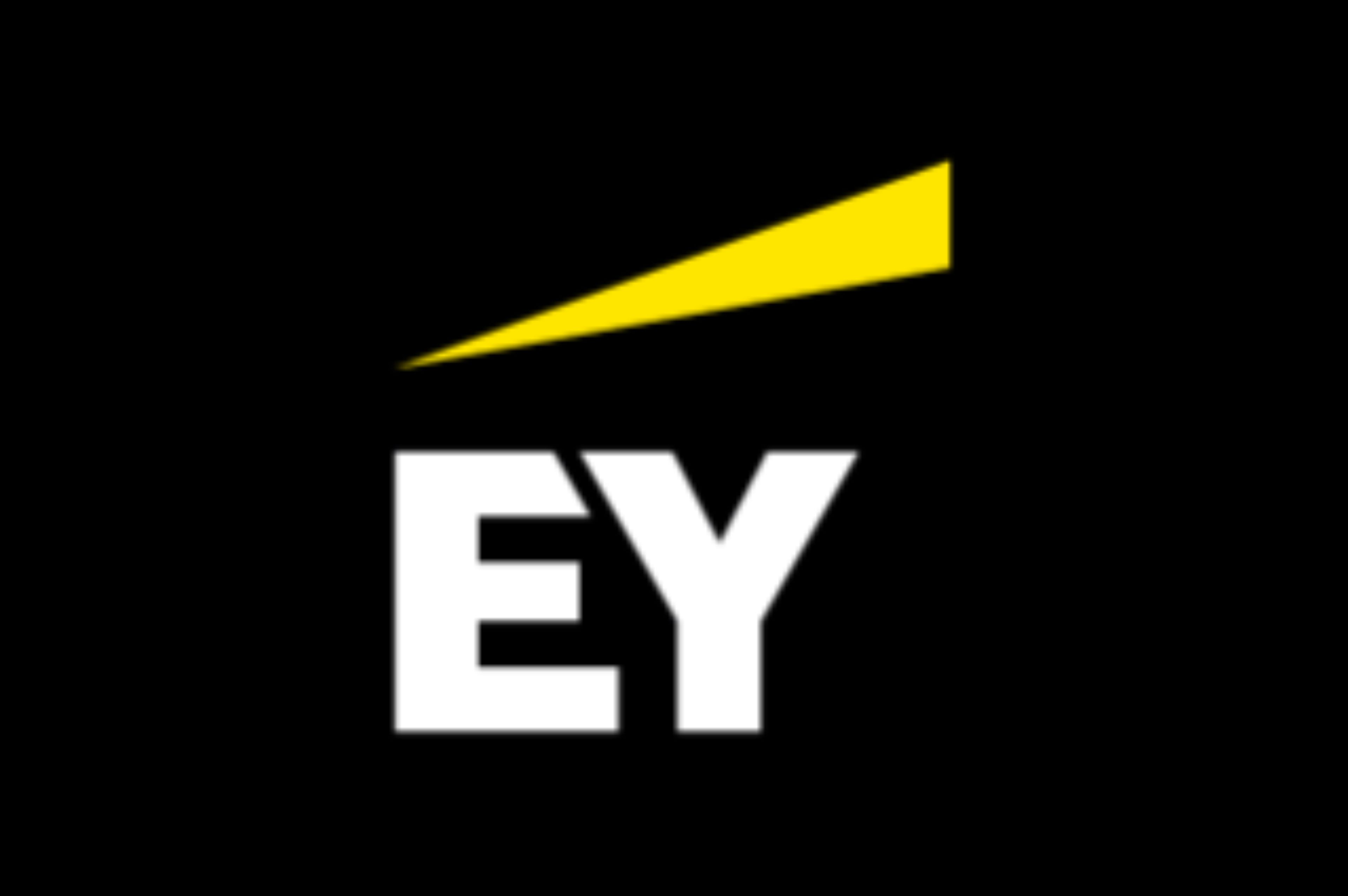EY Law LLP is a Canadian law firm, affiliated with Ernst & Young LLP in Canada. Both EY Law LLP and Ernst & Young LLP are Ontario limited liability partnerships. For more information about the global EY organization please visit www.ey.com.

Tax Alert 2023 No. 01, 9 January 2023
The Canada Revenue Agency (CRA) recently updated its website to announce changes to its administrative policies for certain employee taxable benefits, effective 1 January 2022. Specifically, the CRA’s changes relate to the treatment of (i) gift cards under the employee gifts, awards and long-service awards policy; (ii) virtual events under the employer-provided social events and hospitality functions policy; and (iii) scramble parking under the employer-provided parking policy.
A summary of these changes is provided below.
Employee gifts and awards
In general, under the CRA’s existing administrative policy, certain employer-provided non-cash gifts and awards with a combined total value of up to $500 (including taxes) in a year will not result in a taxable benefit to an arm’s length employee. If the combined total value of the non‑cash gifts and awards exceeds the $500 limit, only amounts over the limit must be included in the employee’s income. Long service awards have a separate $500 limit. However, employer-provided gifts and awards that are considered cash or near-cash are a taxable benefit to the employee and the CRA’s administrative policy does not apply.
The CRA has updated its administrative policy to provide that when an employer provides a gift card to an employee as a gift or award, the gift card will be considered a non-cash gift or award if all of the following conditions apply:
- The gift card is provided with pre-loaded funds;
- It can only be used to purchase goods or services from a single retailer or group of retailers identified on the card;
- The terms and conditions of the gift card specify that it cannot be converted into cash; and
- A log is kept by the employer detailing the name of the employee who received the gift card, the date it was provided, the reason for providing it, the type of gift card, the amount of the gift card, and the name of the retailer or group of retailers.
This updated policy also applies to gift certificates, chip cards and electronic gift cards. If any one of the conditions listed above is not met, the gift card is considered a near-cash benefit and is taxable to the employee.
For the purposes of this policy, a gift must be for a special occasion such as a religious holiday, a birthday, a wedding or the birth of a child. An award must be in respect of an employment-related accomplishment such as outstanding service or employees’ suggestions. A reward that is provided to employees for performance-related reasons is not considered a gift or an award and is a taxable benefit for the employee.
Employee social events
In general, under the CRA’s existing administrative policy, employer-provided social events provided to all employees at a cost not exceeding $150 (including taxes) per person will not result in a taxable benefit to employees. If the cost of an event is more than the limit per person, the full amount is taxable to the employee. For the purposes of this policy, a person includes the employee’s spouse or common-law partner. The policy applies to up to six employer-paid social events per year.
The CRA has updated its administrative policy to address virtual social events. Specifically, the CRA has indicated that an employer-provided virtual social event will not result in a taxable benefit for employees if all of the following conditions apply:
- The event is available to all employees;
- The total cost of the event does not exceed $100 (including taxes) per employee if the event includes meals, beverages, delivery services and entertainment, or $50 (including taxes) per employee if it includes meals, beverages and delivery services but no entertainment;
- If gift cards are provided to employees for meals, beverages and delivery services, the gift cards meet the conditions listed above to be considered non-cash gifts or awards;
- If the employer reimburses expenses or provides accountable advances to employees, the employees submit receipts for amounts expended; and
- The event is within the maximum annual limit for social events (i.e., no more than six employer-paid combined in-person and virtual social events).
If any one of the conditions listed above is not met, the employer-provided virtual social event is a taxable benefit to the employees.
Employee parking
Employer-provided parking may result in a taxable benefit to employees unless one of the exceptions provided for by the CRA’s administrative policy applies. For example, if the employer provides scramble parking (i.e., there are significantly fewer spaces available than there are employees who want parking), the benefit is not taxable.
The CRA has expanded its administrative policy so that a limited number of employee parking spaces provided by an employer to employees will not result in a taxable benefit if all of the following conditions apply:
- No more than two parking spaces are provided for every three employees who want parking (based on the average number of parking spaces that the employer can reasonably expect to be needed on a regular basis over the course of a year);
- The parking spaces provided are not assigned to employees, so that their use by employees is random or uncertain; and
- The parking spaces are offered to all employees who want parking.
With respect to this expanded policy, the CRA noted that in the circumstances described above, it may be difficult and excessively burdensome for the employer to determine the benefit received by any given employee.
Key takeaways
If an employer-provided benefit provided to an employee is non-taxable, the benefit is not subject to payroll deductions (i.e., income tax, Canada Pension Plan and Employment Insurance) and the employer should not report the amount on the employee’s T4, Statement of Remuneration Paid. Since the changes announced by the CRA are retroactive in their application, employers who provided these benefits to employees in 2022 should assess whether such benefits are taxable in light of the updated policies and consider any resulting impact for T4 reporting purposes. The 2022 T4 filing due date is 28 February 2023.
At the time of writing, the 2022 version of the CRA’s Guide T4130, Employers’ Guide – Taxable Benefits and Allowances, did not yet reflect these changes.
In addition to the changes noted above, various other revisions have been made to the CRA’s website with respect to its administrative policies on employee taxable benefits, for purposes of clarity and completeness.
To date, Revenu Québec has not updated its website to indicate whether it will adopt the same updated administrative policies as the CRA regarding these benefits. A summary of Revenu Québec’s existing administrative policies with respect to employee taxable benefits is outside of the scope of this Tax Alert. However, it is noteworthy that under Revenu Québec’s existing administrative policy on gifts and rewards, gift cards, gift coupons and gift certificates that can only be used to purchase goods or services from a particular business or list of businesses are considered non-cash gifts and rewards. As such, they may be included in the balance of employer-provided non-cash gifts and rewards with a combined value of up to $500 (including taxes) in a year that do not result in a taxable benefit to an employee for Québec tax purposes.
Learn more
For more information, please contact your EY or EY Law advisor.
Download this mobility alert
Budget information: For up-to-date information on the federal, provincial and territorial budgets, visit ey.com/ca/Budget.

